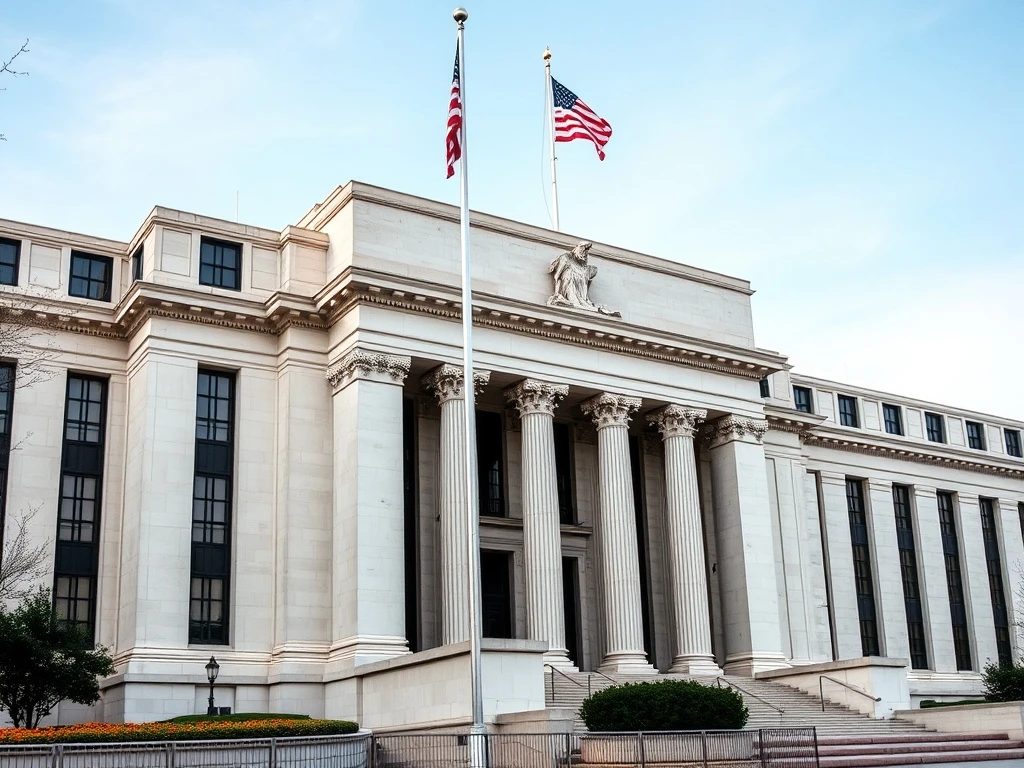Former President Donald Trump’s recent push to remove Federal Reserve Governor Lisa Cook encounters significant legal obstacles that could protect Federal Reserve independence. Consequently, this development highlights crucial constitutional questions about executive power over central banking institutions.
Understanding Federal Reserve Independence Protections
The Federal Reserve System maintains operational independence by design. Importantly, Congress established this framework to shield monetary policy from political interference. Federal Reserve governors enjoy fixed terms specifically to ensure stability. Moreover, removal requires specific statutory grounds rather than policy disagreements.
Legal Framework Governing Fed Governor Removals
Federal law provides clear removal standards for Fed officials. Specifically, the Federal Reserve Act outlines precise procedures. Grounds for removal include neglect of duty or criminal behavior. Policy differences alone cannot justify removal actions. Therefore, legal experts question the validity of current efforts.
Constitutional Separation of Powers Considerations
The Constitution’s separation of powers doctrine protects Federal Reserve independence. Essentially, the executive branch cannot unilaterally remove officials performing quasi-legislative functions. Courts historically defer to congressional removal standards. Furthermore, precedent supports independent agency protections.
Potential Legal Challenges and Outcomes
Several legal avenues could block removal attempts. First, judicial review would examine statutory compliance. Second, constitutional challenges might arise regarding executive overreach. Additionally, Congress could intervene through oversight mechanisms. Legal scholars predict successful challenges against removal efforts.
Historical Precedents in Federal Reserve Governance
Historical examples reinforce Federal Reserve independence protections. Past presidents respected Fed autonomy despite policy disagreements. No successful removal of sitting Fed governors occurred in modern history. Consequently, this establishes strong precedent for institutional independence.
Impact on Monetary Policy Stability
Maintaining Federal Reserve independence ensures monetary policy stability. Markets react negatively to perceived political interference. Investors value predictable central banking decisions. Therefore, legal protections serve broader economic stability interests.
FAQs
What legal standards govern Fed governor removals?
The Federal Reserve Act specifies that governors may only be removed for cause, such as neglect of duty or criminal behavior, not policy disagreements.
Can the president directly remove a Federal Reserve governor?
No, the president lacks direct removal authority. Any removal must follow statutory procedures and withstand judicial review.
How does Federal Reserve independence benefit the economy?
Independence allows evidence-based monetary decisions without political pressure, promoting economic stability and market confidence.
What historical precedents protect Fed officials?
Historical practice and court decisions have consistently protected Fed governors from political removal attempts throughout modern history.
Could Congress intervene in removal proceedings?
Yes, Congress possesses oversight authority and could challenge any removal that violates statutory requirements through hearings or legislation.
What immediate effects might removal attempts have?
Such attempts could create market uncertainty and raise concerns about institutional independence, potentially affecting economic stability.








